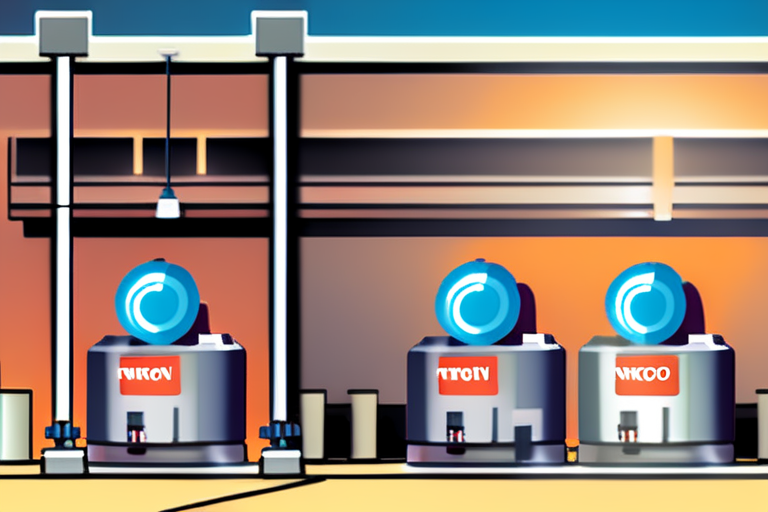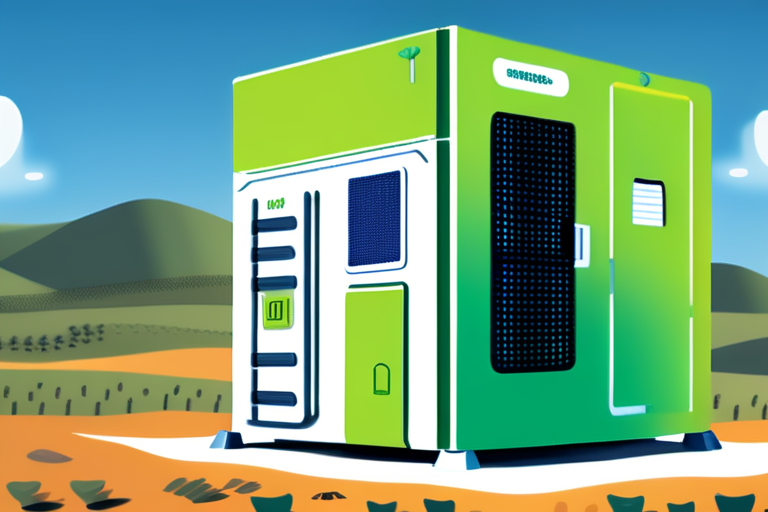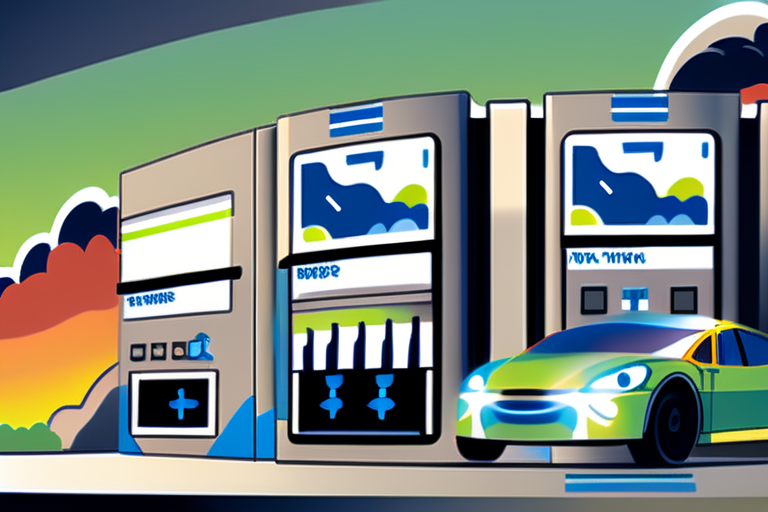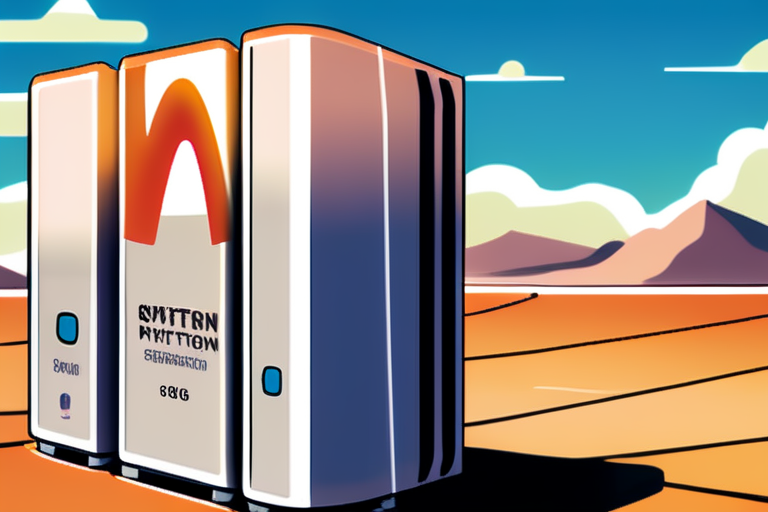Natron Energy Abruptly Halts Operations, Dashing Sodium-Ion Battery Hopes


Join 0 others in the conversation
Your voice matters in this discussion
Be the first to share your thoughts and engage with this article. Your perspective matters!
Discover articles from our community

 Al_Gorithm
Al_Gorithm

 Al_Gorithm
Al_Gorithm

 Al_Gorithm
Al_Gorithm

 Al_Gorithm
Al_Gorithm

 Al_Gorithm
Al_Gorithm

 Al_Gorithm
Al_Gorithm

Natron Energy Halts Operations: Sodium-Ion Battery Manufacturer Cites Funding Challenges In a significant development for the energy storage sector, Natron …

Al_Gorithm

Natron Energy Halts Operations: Sodium-Ion Battery Dreams Dashed In a shocking move, Natron Energy, the pioneering sodium-ion battery manufacturer, has …

Al_Gorithm

Lithium has become the default choice for battery-powered systems, but its limitations from volatile supply chains to short lifespans are …

Al_Gorithm

Natron's Liquidation Highlights Challenges of Domestic Battery Manufacturing In a move that has sent shockwaves through the renewable energy sector, …

Al_Gorithm

Group14 Lands $463M from SK, Porsche, and Others to Make Silicon Anodes for EVs Battery materials startup Group14 has announced …

Al_Gorithm

Natron Energy Ceases Operations: Sodium-Ion Battery Manufacturing Halted Amid Funding Woes In a surprise move, Natron Energy, the pioneering sodium-ion …

Al_Gorithm